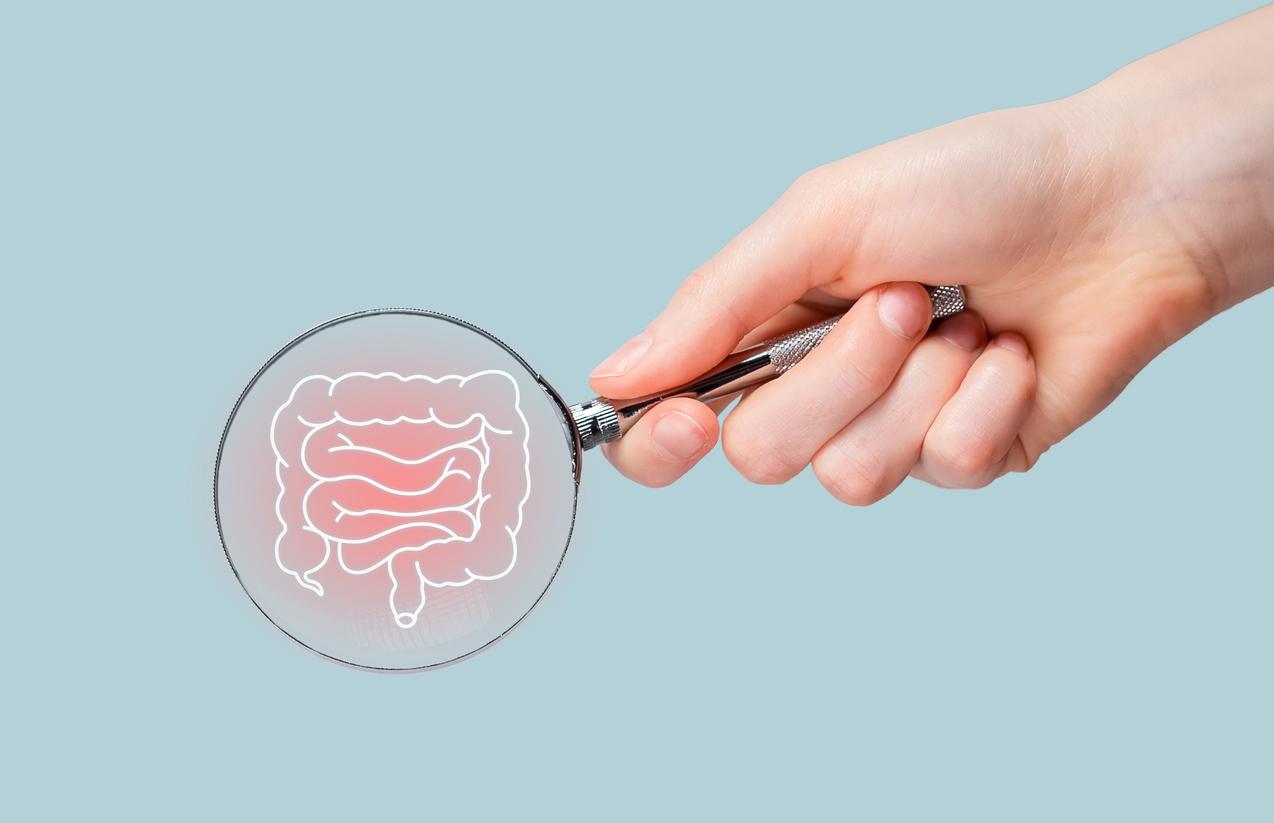Emotional hunger is not an enemy to fight, but rather a signal of our needs.

- Contrary to real hunger, which meets a physiological fuel need for the body, emotional hunger suddenly arrives, is not accompanied by a hollow in the stomach, and focuses on precise food desires.
- This desire is not bad in itself, but it can become problematic if it is systematically used as a mechanism to manage your emotions.
- If stress is at the origin of these desires, practices such as meditation or deep breathing can be beneficial.
Eating is a necessity that meets our physical needs, but also to our emotional needs. Most often in moments of stress, sadness or boredom, emotional hunger pushes us to comforting foods.
Understanding emotional hunger
All intense emotions can trigger a desire to eat, especially comforting foods rich in sugar or fat. Unlike real hunger, which meets a physiological fuel need for the body, emotional hunger suddenly arrives, is not accompanied by a hollow in the stomach, and focuses on precise food desires.
After a stressful day, you could feel a strong desire for chocolate, even if you ate a balanced meal a few hours ago. This desire is not bad in itself, but it can become problematic if it is systematically used as a mechanism to manage your emotions.
Signs to differentiate the two types of hunger
Real hunger is developing gradually, often accompanied by physical signs such as stomach stomachs, a drop in energy or a feeling of emptiness. It can be soothed by several foods and provides a feeling of lasting satiety.
On the other hand, emotional hunger manifests itself suddenly and urgently manifests. It often pushes towards specific, rather fatty, sweet or savory foods and the feeling of satisfaction it provides is temporary. In some people, it can be followed by a feeling of guilt or frustration.
Towards a more peaceful relationship with food
Identifying emotional hunger is the first step to better manage it. Then, it is a question of finding healthy alternatives to meet your emotional needs. For example, instead of eating out of boredom, try to read, walk or call a loved one. If stress is at the origin of these desires, practices such as meditation or deep breathing can be beneficial.
Adopt a balanced diet and regular physical activity also plays a key role. These habits promote better regulation of emotions thanks to the release of endorphins, the hormones of well-being. Finally, a therapist can support you in understanding your emotions and the implementation of effective adaptation strategies.
Find out more: “Emotional hunger: Understand and accept your emotions” of Bénédicte le Camse.


















